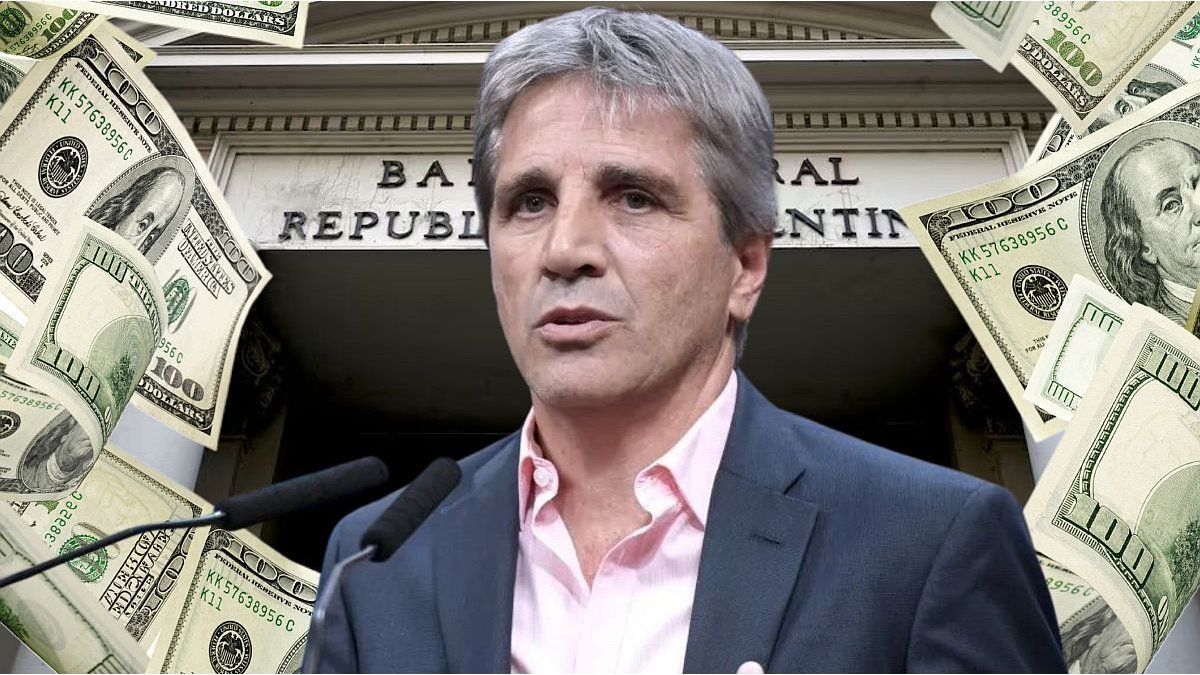According to initial polls of voters after the vote, the center-right GERB party of long-time Prime Minister Boyko Borrisow just won the new elections after the polling stations closed at 8 p.m. local time (7 p.m. CET). In April, GERB emerged as the strongest force in the election despite allegations of corruption.
According to the polling institute Gallup International, the former ruling party got 22.1 percent of the votes cast. The populist anti-establishment party ITN of the show master Slavy Trifonov follows closely behind with 21.5 percent. It cannot be ruled out that the ITN will overtake the GERB in the course of the actual counting of votes and projections.
Hotly contested third place
Third place is also contested – between the Socialists (BSP) with 15.1 percent and the conservative electoral alliance Democratic Bulgaria with 13.7 percent. In all likelihood, the economically liberal DPS, a party of the Turkish ethnic group, will move into parliament with 12 percent and the protest alliance “Stand up” with 4.8 percent. It remains unclear whether the nationalist three-party coalition of Bulgarian Patriots will overcome the four percent hurdle for entry into parliament in Sofia.
Around 6.7 million Bulgarians were called on Sunday to elect the new 240 parliamentarians. The key question in this election, however, remained unanswered on election evening: will the new parliament manage to agree on a majority capable of governing? Such an attempt failed after the regular election on April 4th. Since then, Bulgaria has not been led by Borisov, but by a transitional government. After ss failed to form a government majority, they were re-elected. All major parties failed in their attempts to form a government.
Just under 35 percent voter turnout
Now the three “anti-GERB parties” – ITN, Democratic Bulgaria and “Stand Up” – as well as the socialists have three new attempts to form a government majority against the center-right Borisov’s party. The parties of the opposing camp of the long-time Prime Minister accuse him of corrupt administration and are ruling out a coalition with his GERB party.
The key question of the government majority also depends very much on the voter turnout, which, according to Gallup International, is lower than in April. While around 43 percent of eligible voters went to the polls in April, it was just under 35 percent on Sunday. That could partly be due to the election date in midsummer. According to observers in Sofia, the low turnout tends to help the large parties, which are well-stocked with regular voters.




